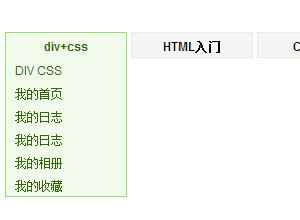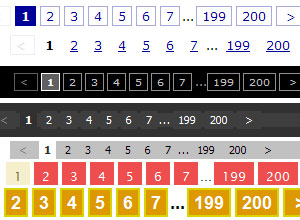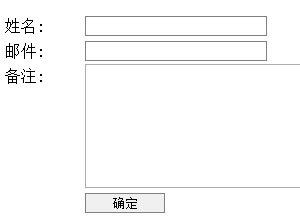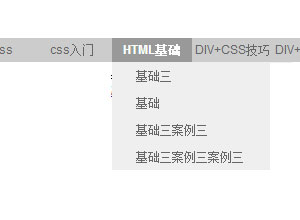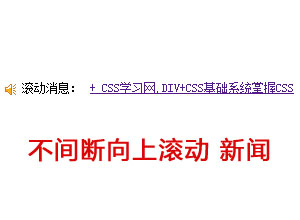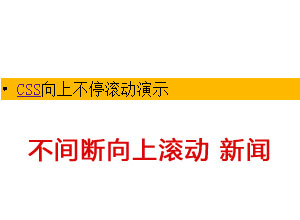本篇文章给大家带来的内容是关于纯CSS实现底层毛玻璃效果(代码示例),有一定的参考价值,有需要的朋友可以参考一下,希望对你有所帮助。
毛玻璃背景是一个很常见的网页样式,想要实现,其实并不难,但经过我在网上的搜索发现,大量实现方法都较为不规范,且把问题复杂化了(例如各种z-index属性和position的定位)
现提供一个代码很直白且实现效果良好的实现方案,改良自W3Schools
HTML部分
<!DOCTYPEhtml>
<htmldir="ltr">
<head>
<metacharset="utf-8">
<title>FrostedGlass</title>
<linkrel="stylesheet"href="frostedGlass.css">
</head>
<body>
<div>
<div>
<p>thisisFrostedGlass</p>
</div>
</div>
</body>
</html>
.mainHolder是主框体
.textHolder是毛玻璃区域
.p是浮于毛玻璃上的文字内容
CSS部分
*{
box-sizing:border-box;
}
.mainHolder{
width:600px;
height:600px;
background-image:url(https://s3-us-west-2.amazonaws.com/s.cdpn.io/3/skyscrapers.jpg);
background-attachment:fixed;
background-position:center;
background-size:cover;
position:relative;
}
.textHolder{
width:100%;
height:200px;
position:absolute;
right:0;
bottom:0;
background:inherit;
overflow:hidden;
}
.textHolder::before{
content:'';
position:absolute;
top:0;
right:0;
bottom:0;
left:0;
background:inherit;
background-attachment:fixed;
filter:blur(4px);
}
.textHolder::after{
content:"";
position:absolute;
top:0;
right:0;
bottom:0;
left:0;
background:rgba(0,0,0,0.25);
}
p{
z-index:1;
color:white;
position:relative;
margin:0;
}
解决毛玻璃效果里最核心的问题:模糊效果不能影响字体,采用了伪元素::after于::before
值得注意的是,在p标签里的position属性。设置为relative后,会将p从被遮挡状态“提起来”。
另外,对于不同的浏览器内核,filter的写法会有些许不同。

本文转载自中文网

本文转载自中文网
如需转载,请注明文章出处和来源网址:http://www.divcss5.com/css3-style/c54614.shtml


